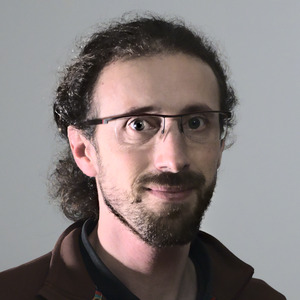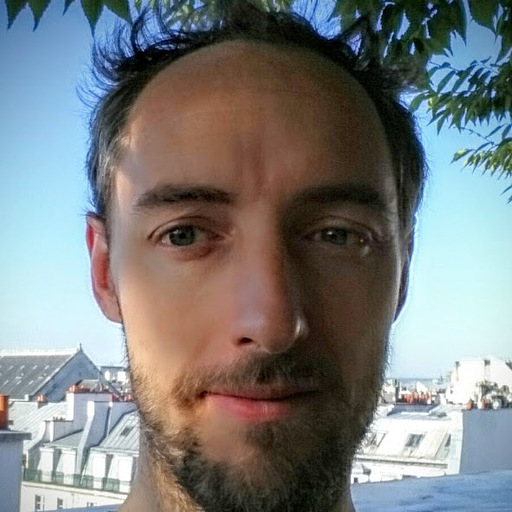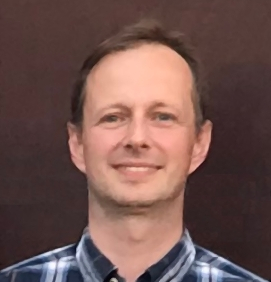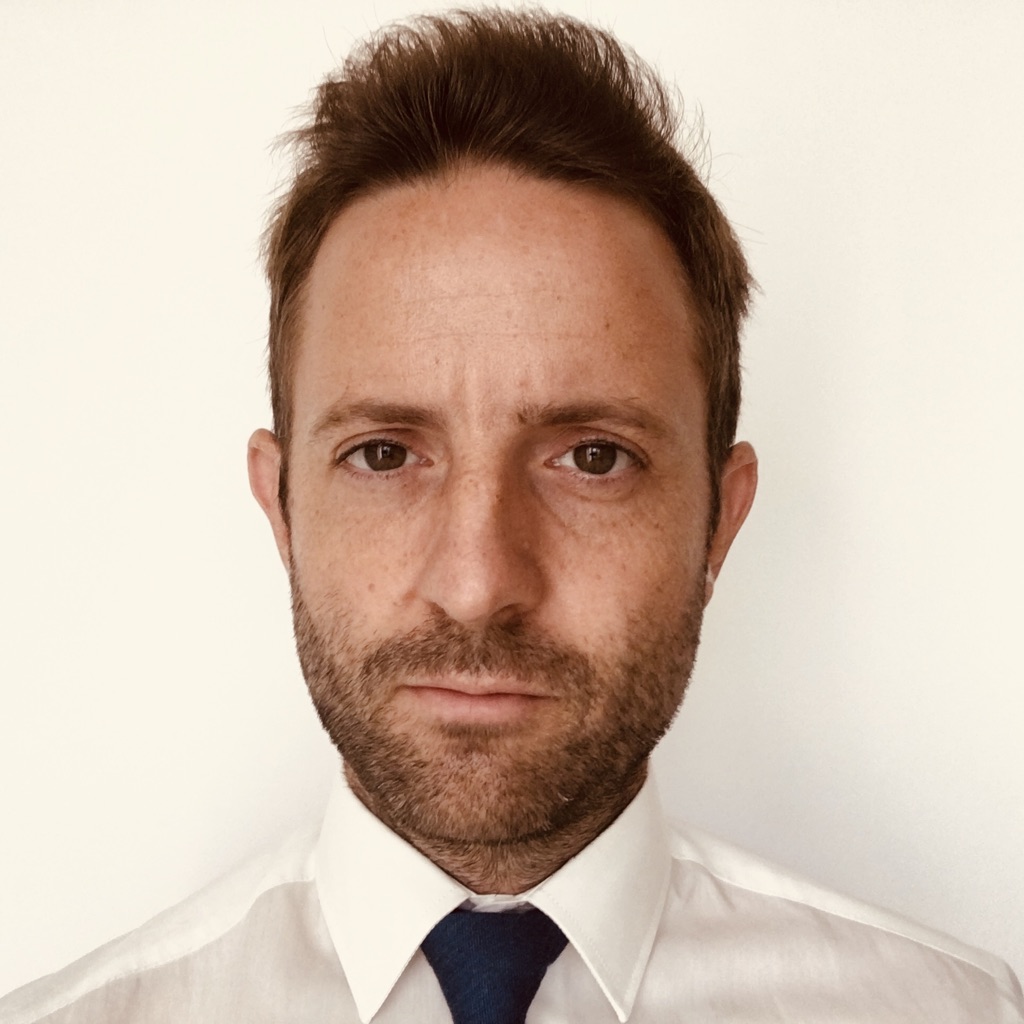Keynote Presentation
Gaël Varoquaux, INRIA, France
Title: “Individualizing treatment effects: transportability and model selection”
Abstract: For efficient interventions, we would like to know the causal effect of the intervention on a given individual: the individual treatment effect. Given the proper set of covariates, such quantity can be computed with machine-learning models: contrasting the predicted outcome for the individual with and without the treatment. I will analyse in detail how to best compute such quantities: what choice of covariates to minimize the variance, how to empirically select the best machine-learning model, and how a good choice of population-level summaries of treatment effect is least sensitive to heterogeneity.

About the speaker: Gaël Varoquaux is a research director working on data science at Inria (French Computer Science National research) where he leads the Soda team on computational and statistical methods to understand health and society with data. Varoquaux is an expert in machine learning, with an eye on applications in health and social science. He develops tools to make machine learning easier, suited for real-life, messy data. He co-funded scikit-learn, one of the reference machine-learning toolboxes, and helped build various central tools for data analysis in Python. He currently develops data-intensive approaches for epidemiology and public health, and worked for 10 years on machine learning for brain function and mental health. Varoquaux has a PhD in quantum physics supervised by Alain Aspect and is a graduate from Ecole Normale Superieure, Paris.


